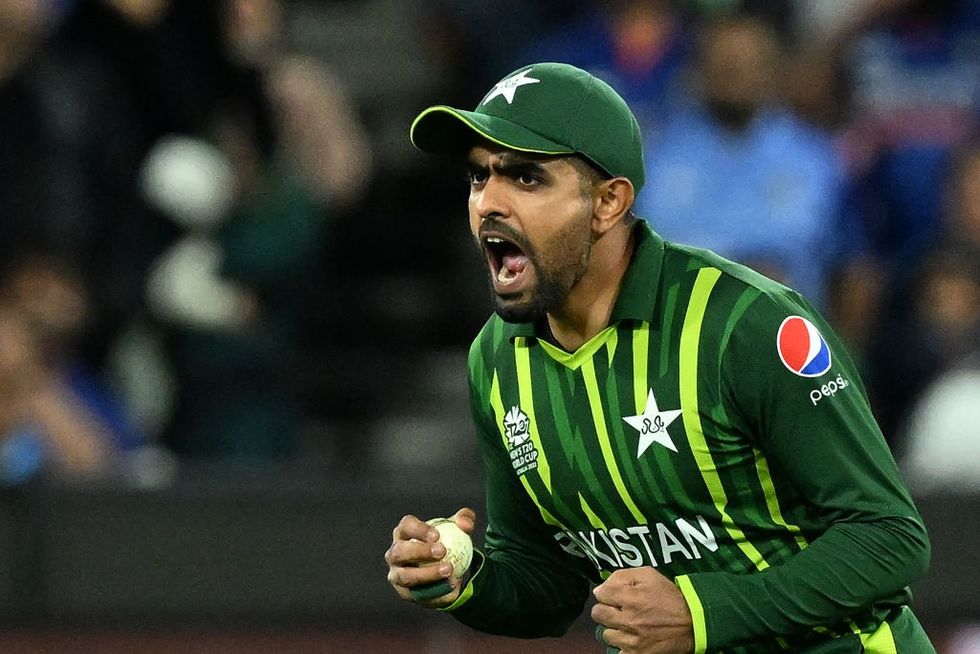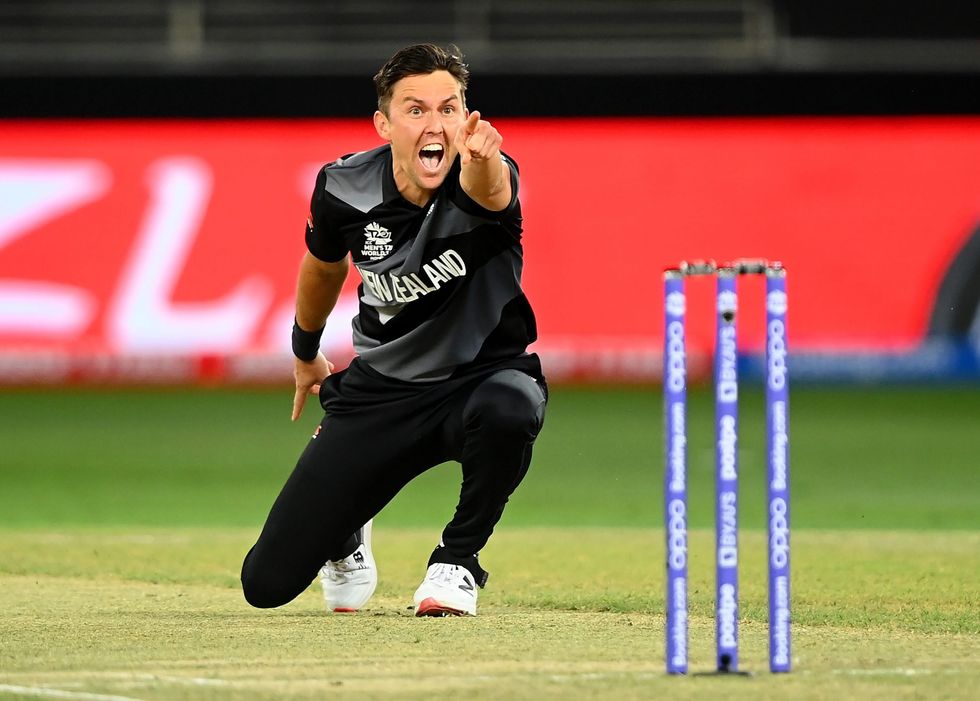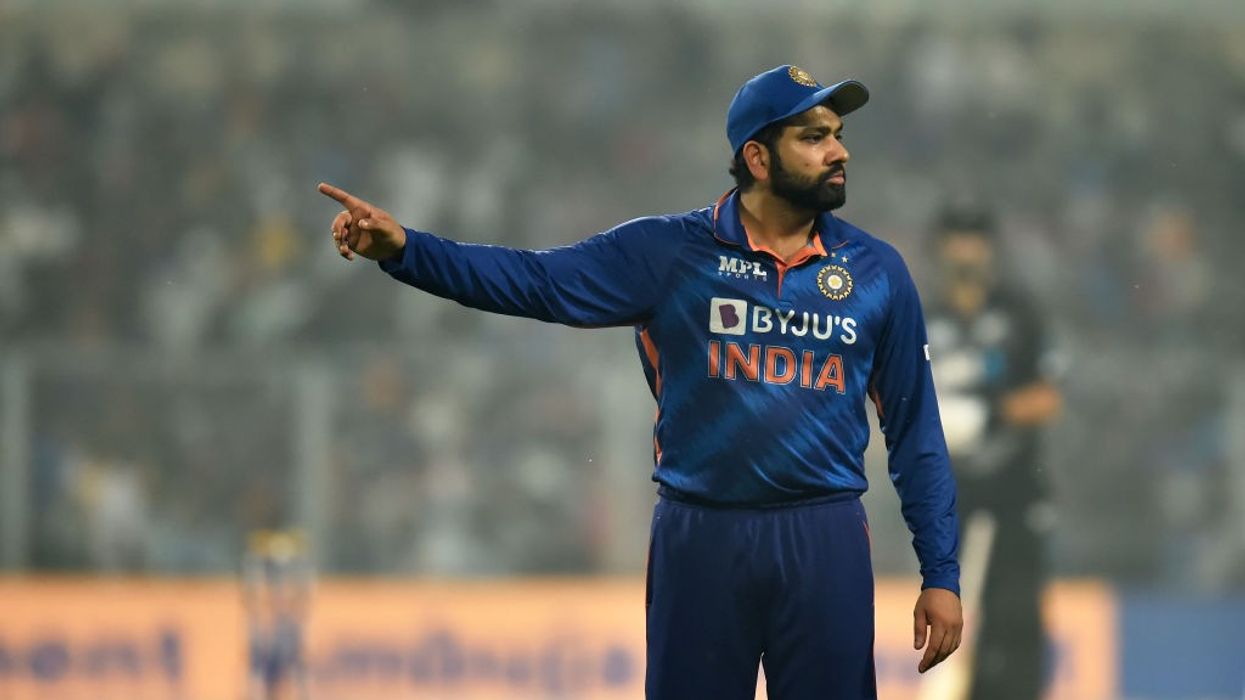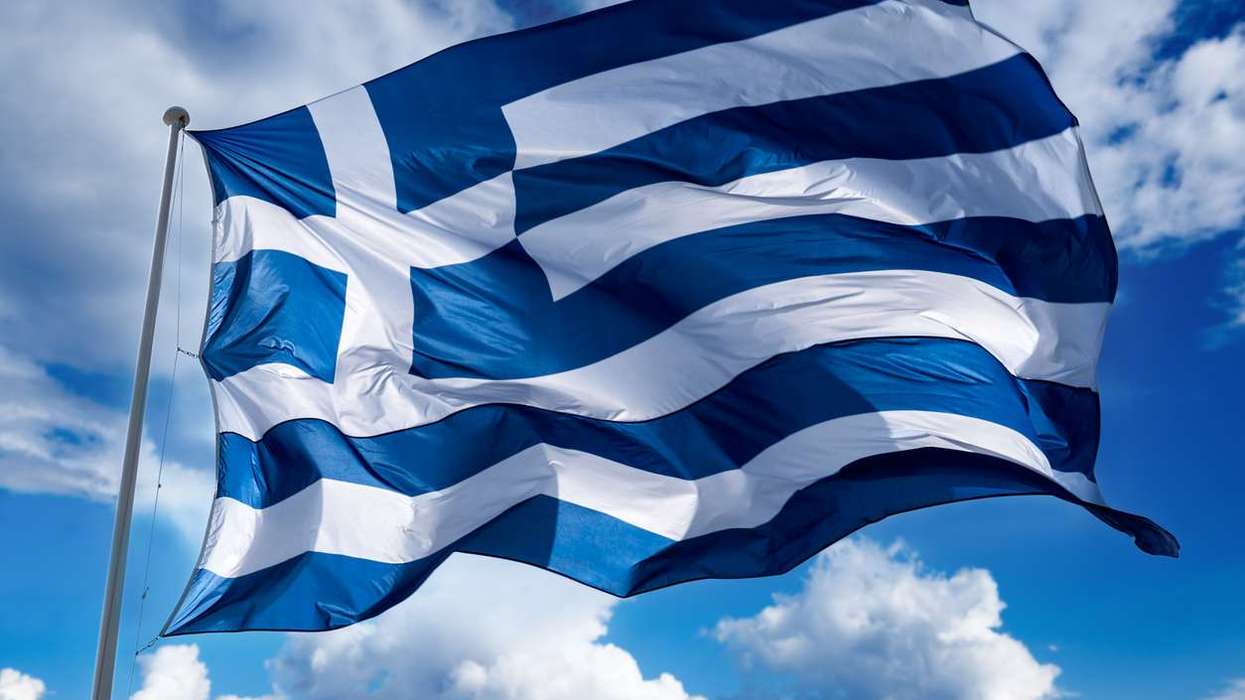INDIA target a third World Cup triumph when the country hosts cricket's seven-week global showpiece, buoyed by an economic boom and growing, international self-confidence.
India shared hosting with Pakistan in 1987, then Pakistan and Sri Lanka in 1996 before another three-way split with Sri Lanka and Bangladesh in 2011.
This time India goes it alone with 48 matches being played over 46 days at 10 venues.
However, the build-up has been far from smooth after arch-rivals Pakistan reportedly considered a boycott when India refused to travel across the border for the Asia Cup.
As a result, the announcement of the schedule for the World Cup was delayed until just three months before the first ball was to be bowled.
Fears over security for the India-Pakistan blockbuster clash in Ahmedabad then saw the match moved back a day, sparking a domino effect of nine rescheduled fixtures.
Pakistan's visit to India will be their first since the 2016 Twenty20 World Cup.
The opening match on October 5, between champions England and New Zealand, as well as the final on November 19 are being staged at Ahmedabad's Narendra Modi stadium, named after the prime minister, the world's biggest cricket arena boasting a capacity of over 130,000.
India will face Pakistan at the mega-venue on October 14.
The city which independence hero Mahatma Gandhi called home for 15 years is tipped as a potential host city should India bid for the 2036 Olympics.
The gathering of the best players of India's favourite game will be the sporting culmination of a year that saw India overtake China as the world's most populous country, after displacing former coloniser Britain as its fifth-biggest economy in 2021.
Modi's global stage?
Now Modi is seeking a place on the global stage to match.
Courted by the West as a bulwark against Beijing, the prime minister used the G20 summit he hosted this month as a catalyst to position New Delhi as a representative of many others outside traditional power blocs.
His Bharatiya Janata Party is widely regarded as a certainty to win next year's general election by a crushing majority.
India are two-time champions having added the 2011 title on home soil to their 1983 triumph, a Kapil Dev-inspired breakthrough performance.
They boast superstar Virat Kohli who has made more than 13,000 runs in the ODI format.
Second on the current active list is skipper Rohit Sharma with just over 10,000.
Fiery seamer Mohammed Siraj recently became the world's top ranked ODI bowler while Kuldeep Yadav is likely to thrive with his leg-spinning box of tricks.
'Create new memories'
"The memories of past World Cup victories, especially the iconic 2011 win, are etched in our hearts, and we want to create new memories for our fans," said Kohli who featured in the 2011 victory.
Pakistan, the 1992 champions, have lost seven times out of seven to India at past World Cups.

However, skipper Babar Azam will be key to turning around that run as he leads the way in the batting rankings. His average of more than 58 betters even that of Kohli.
Despite the loss of fast bowler Naseem Shah to injury, Pakistan can call on Shaheen Shah Afridi, the sport's most imposing opening quick bowler.
Still just 23, Afridi has 86 ODI wickets at a meagre average of 23.36.
Defending champions England, who triumphed in a nail-biting 2019 final against New Zealand at Lord's, can harness the destructive firepower of Ben Stokes who smashed 84 in that game which went to a Super Over conclusion.
In the build-up to the World Cup, Stokes struck the highest score by an England batsman in an ODI, his 182 setting up a thrashing of New Zealand at The Oval earlier this month.

The tournament will likely see the farewell ODI performances of Bangladesh all-rounder Shakib al Hasan and Kiwi opening bowlers Trent Boult and Tim Southee.
Shakib is the top-ranked all-rounder in ODI cricket.
The 36-year-old has made more than 7,000 runs in the format with 55 half-centuries and 308 wickets.
Southee and Boult, both 34, have claimed a combined 409 wickets in the format.
Australia are five-time champions, comfortably the most successful nation at the World Cup, but preparations were hit when opener Travis Head fractured his hand.
However, they still boast veteran run-getter David Warner who has amassed over 6,300 ODI runs.
South Africa, who have endured a roller-coaster relationship with the World Cup, undone by rain rules in 1992 and 2003, have also been hit by injuries, losing key pacers Anrich Nortje and Sisanda Magala.
For Afghanistan, slow bowlers Rashid Khan, Mohammad Nabi, Mujeeb Ur Rahman, who made his international debut at 16, and Noor Ahmad will be key on welcoming Indian pitches.
Sri Lanka, the 1996 winners, will be fired up by the indignity of being bowled out for just 50 and losing the Asia Cup final to India by 10 wickets.
Matheesha Pathirana, just 20, and thriving in his role as a 2023 version of Lasith Malinga with his deceptive, slingy action, is likely to be Sri Lanka's go-to fast bowling surprise.
Netherlands complete the line-up and are match-tough after negotiating the qualifying round in July where two-time champions West Indies crashed out.
(AFP)




